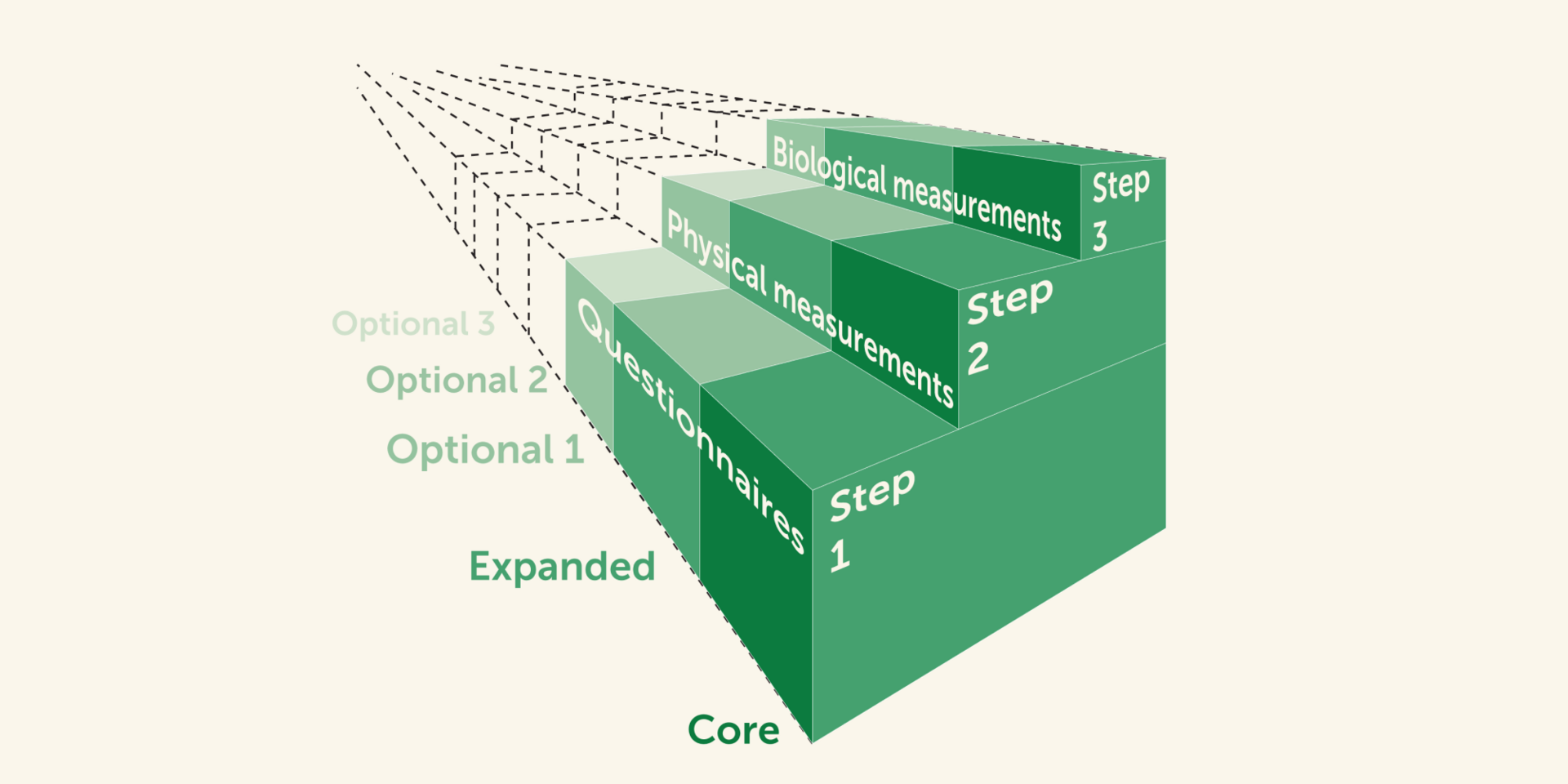
Fiji’s 3rd Round of the WHO STEPwise approach to non-communicable disease (NCD) risk factor surveillance
Background
The Fiji Ministry of Health & Medical Services (MHMS) will be conducting its third round of the STEPS Survey in 2024. The George Institute has been engaged to provide the MHMS with technical assistance in the implementation, data analysis and reporting of the survey, as part of Australia’s support to strengthening Fiji’s health sector. The consultancy will be led by Dr Bindu Patel and supported by a team of multidisciplinary experts: Professor Rohina Joshi (UNSW), Dr Anna Campain, Professor Jaime Miranda (USYD), Professor Laurent Billot and Sana Shan.
Why the STEPS Survey?
Fiji is experiencing an alarming rising trend in deaths from non-communicable diseases (NCDs), particularly heart disease and diabetes, before the age of 70.1 According to World Health Organization data from 2017, Fiji is ranked 39 out of 183 countries in the world in fatalities from heart disease.2 The three leading causes of heart disease in Fiji are raised blood pressure, high blood sugar and being overweight. These risk factors can be prevented, reduced or treated with accessible, efficient and effective population-level policies and strategies.
Aim
The STEPS Survey helps the MHMS to plan health services and identify public health priorities to prevent and treat NCDs before they occur; monitor and evaluate population-wide NCD interventions in the country for effectiveness; and collect consistent data across Fiji. This is in line with the MHMS’ goal of tracking the progress of their policies and programs implemented since the last STEPS Survey in 2011. The project will also assist in developing national policies for action by forecasting the burden of NCD cases and building and strengthening the MHMS’ capacity to conduct NCD risk factor surveillance.
Research Methodology
What is the STEPS Survey?
STEPS is an acronym for the WHO’s STEPwise Survey for Non Communicable Diseases Risk Factors. It is a household survey that collects data through face-to-face interviews on demographic and behavioural factors (STEP 1), physical measurements (STEP 2) and the collection of biomedical data such as urine and blood samples (STEP 3). It is a simple, sequential and standardised method for collecting, analysing and disseminating data on key NCD risk factors at the country level.
How will be the STEPS implemented?
The Wellness Unit of the MHMS will conduct the third STEPS Survey in 2024, targeting males and females between the ages of 18 and 69. Data will be collected by trained interviewers after ethical approval from the local ethics committee. Data collection is estimated to take between four and five months, with the final report planned to be disseminated at the end of 2024.
What support will the Institute provide?
The George Institute team will collaborate with the MHMS and World Health Organization (WHO) to plan and implement the STEPS Survey and ensure the collection of high-quality data across the country. In addition, the team will support data management and analysis, co-production of the final report and provide recommendations for policy and programmatic action.
References:
⦁ Dearie C, Linhart C, Rafai E, Nand D, Morrell S, Taylor R. Trends in mortality and life expectancy in Fiji over 20 years. BMC Public Health. (2021) 21:1185.
⦁ World Health Organization. Noncommunicable Diseases (NCD) Country Profiles. Genevea: WHO; 2018.









